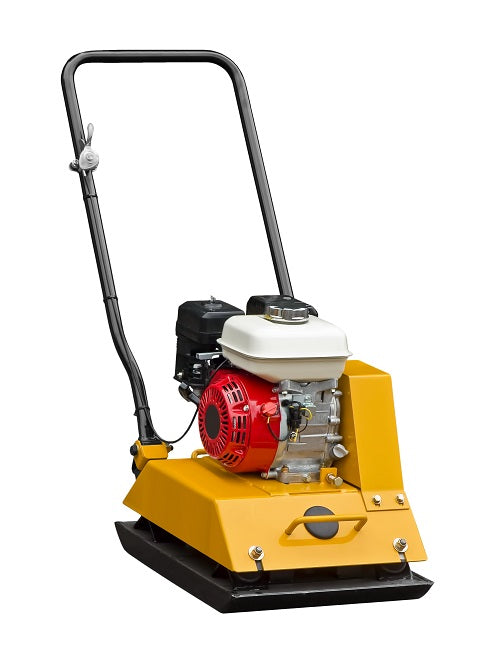The Science Of Soil Compaction: Why It's Essential For Construction

Soil compaction is a crucial step in the construction process, yet it is often overlooked or underestimated. It involves the use of heavy machinery, such as compactors, to increase the density and stability of soil. This may seem like a simple task, but it requires careful planning and an understanding of the principles behind soil compaction.
The Importance Of Soil Compaction
Soil compaction is essential for a variety of reasons. Firstly, it helps to create a solid and stable foundation for construction projects. Without proper compaction, the soil underneath structures may settle or shift, leading to structural damage. Compacted soil also has better load-bearing capacity, which means it can support heavier structures without sinking or collapsing.
Moreover, compacted soil is less permeable, meaning that water and other liquids are less likely to seep through it. This is especially important in areas with high groundwater levels or heavy rainfall. Compacted soil also provides a more even surface, making it easier for construction workers to build structures on top of it.
The Science Behind Soil Compaction

Soil compaction is based on the principle that when soil particles are closer together, there is less space for air and water to fill. This increases the density of the soil, making it more stable and resistant to settling or shifting.
When compactors are used on soil, they exert pressure and force onto the surface, causing the soil particles to pack tightly together. The type of compactor used and the amount of pressure applied will depend on the type of soil and the desired density.
The most common types of compactors used in construction are vibratory plate compactors, smooth wheel rollers, and padfoot rollers. Each type has its unique way of exerting pressure onto the soil, which affects how much it can be compacted.
Factors Affecting Soil Compaction
Several factors can affect the success of soil compaction, including moisture content, soil type, and compactor equipment.
Moisture content is crucial because it affects how easily the soil particles can be compacted. If the soil is too dry, it will not pack together as tightly, and if it is too wet, it may become unstable or muddy. The ideal moisture content for compaction varies depending on the soil type, but generally, it should be between 10-15%.
Soil type is also an important factor to consider. Sandy soils are easier to compact compared to clay soils because they have larger particles that can easily interlock. Clay soils, on the other hand, have smaller particles that require more force and pressure to compact.
The compactor equipment used also plays a significant role in soil compaction. Each type of compactor is designed for different soil types and conditions, so it's crucial to choose the right equipment for the job. For example, vibratory plate compactors are best suited for granular soils, while smooth wheel rollers work well on cohesive soils.
How Compactor Equipment Affects Soil Density And Stability

As mentioned earlier, the type of compactor used affects how much soil can be compacted. Vibratory plate compactors exert a vibratory force onto the soil, which causes the particles to move closer together. This type of motion is effective for compacting granular soils but may not work well on cohesive soils.
Smooth wheel rollers, on the other hand, use their weight to compress the soil, creating a smooth and flat surface. They are best suited for compacting cohesive soils like clay but may not be as effective on granular soils.
Padfoot rollers have pads attached to their drums, which create deep impressions in the soil. These impressions help to break up and mix the soil particles, making it easier to achieve a higher density.
Why Choose Blades Direct?
At BladesDirect.net, we offer a wide range of high-quality diamond blades and cutting equipment, including compactors.
Our products are designed to provide maximum efficiency and effectiveness while ensuring safety on the job site. We also offer knowledgeable customer service representatives who can assist you in choosing the right equipment for your specific needs.
In Conclusion
Soil compaction is a crucial step in any construction project. It not only creates a stable foundation but also helps to prevent future structural damage and provides a level surface for the building. The science behind soil compaction may seem simple, but it requires careful consideration of factors such as moisture content, soil type, and the right equipment for the job.
When done correctly, soil compaction can greatly improve the strength and stability of soil, making it an essential process for any construction project. So the next time you see a compactor at a construction site, remember the important role it plays in creating a solid foundation for our buildings and structures. As they say, "A strong foundation leads to a stronger future." So let's not underestimate the power of soil compaction and its impact on our daily lives. So, let's give a round of applause to those compactors who work tirelessly beneath our feet! Call us today at 855-225-2337 for more information.